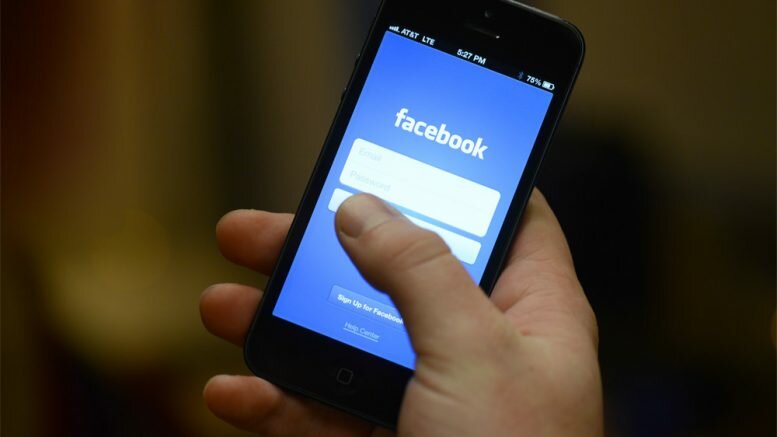Facebook with new details on Russian “Troll factory”
Facebook estimates that 126 million Americans received content from the Russian company before and after the US presidential election.
CNN and the New York Times, who have been granted access to a written testimony that the company will submit to the Senate Justice Committee on Tuesday, report this. The estimate equals more than half the voters in the United States, giving insight into the extent of the US government’s view of Russia’s attempt to spread disinformation and so-called “fake news” via social media.
General Secretary Colin Stretch in Facebook writes that the Russian Internet Research Agency (IRA) used more than 120 fake accounts to post 80,000 times between June 2015 and August 2017. About 29 million Americans were directly exposed to these posts.
Likes, comments and shares make Facebook to estimate that as many as 126 million people have been exposed to the posts, dealing with social and political messages, such as religion and weapons rights.
The posts were a “deliberate attempt to divide people”, the Secretary-General writes, and refers to the posts as “deeply disturbing”.
Earlier this month, the Russian oligarch Yevgeny Prigozhin was poiinted to as the man behind the organization of so-called net trolls. One of the departments in the secret “troll factory” was dubbed “the Department of Provocations”, and supposedly has worked systematically to spread fake news in western media.
Twitter plans to tell the same committee that the company has uncovered 2752 accounts linked to the same group. That number is almost 14 times bigger than the number of accounts Twitter handed over three weeks ago.
Twitter, Google and Facebook will deliver their explanations Tuesday and Wednesday, and the latter emphasizes that the Russian company accounts for a very small part of the overall content of the social media:
In the statement, the Secretary-General states that if each of the posts was a TV commercial, then one had to watch TV for over 600 hours before content from the Internet Research Agency (IRA) appeared.
The Russian government has denied every accusations of attempts to affect last year’s presidential election in the United States.
© vg.no / Norway Today





